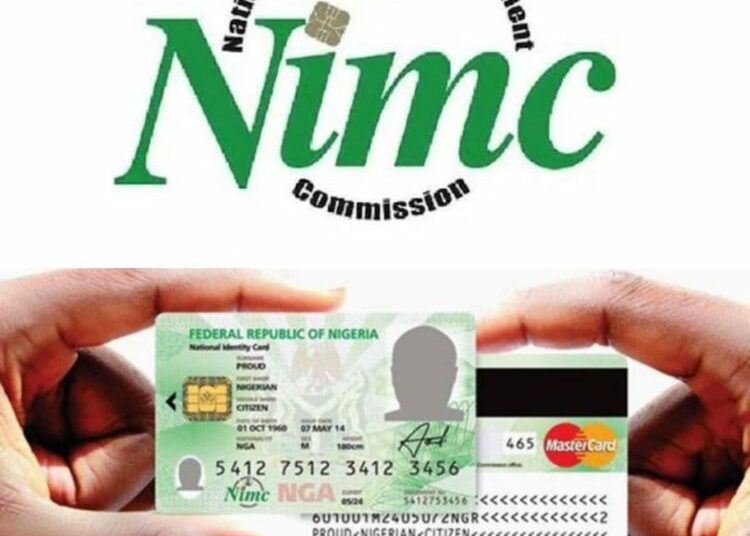The National Identity Management Commission (NIMC) has distanced itself from an alleged fraud scheme involving about 12,000 Nigerian youths accused of selling sensitive personal data, including National Identification Numbers (NINs) and Bank Verification Numbers (BVNs) to Fintech institutions for as little as ₦5,000.
In a statement on Monday via its official Facebook page, the Head of Corporate Communications at NIMC, Kayode Adegoke, said the Commission would not be held liable for any misuse of personal data shared by individuals, either directly or through third parties.
The response came after the Economic and Financial Crimes Commission (EFCC) revealed last Friday that a large-scale fraud ring was being investigated over illegal trade of identity details.
According to the EFCC, the perpetrators, mostly young Nigerians, offer between ₦1,500 and ₦2,000 to unsuspecting individuals in exchange for their personal data, which they later sell to certain Fintech firms for fraudulent transactions.
The EFCC said the scheme is orchestrated by a network known as “Account Suppliers” or “KYC Group,” targeting victims willing to surrender their NIN slips, BVNs, passport photographs, and other forms of identification.
The illegally obtained data, the EFCC noted, is then used to open bank accounts and execute investment scams and other fraudulent schemes.
“The actors are up to 12,000 individuals operating nationwide,” the anti-graft agency disclosed.
“They recruit account donors who surrender sensitive personal data for a little fee. These accounts are then exploited to facilitate scams,” it said.
The revelation has triggered widespread reactions on social media, with some Nigerians pointing fingers at NIMC over alleged lapses in data protection.
Reacting, Adegoke stated clearly that NIMC “will not be held responsible for any personal information shared by an individual directly or by proxy for the purpose of financial gain or inducement. Nigerians have been repeatedly warned not to disclose their NIN to unauthorised persons or organisations.”
He stressed that the development poses “serious national security concerns” and advised service providers to verify all NINs before granting access to services.
To enhance data security, the Commission urged Nigerians to download the NIN Authenticator App (NINAuth) on the Apple App Store or Google Play Store.
The app enables users to monitor and control access to their NIN, enhancing security and privacy.
Meanwhile, the EFCC confirmed that arrests have been made in connection with the scam and that efforts to recover funds lost to fraudulent “promo actors” and account suppliers were ongoing.
The anti-graft agency also warned the public that, “Under no circumstance should any Nigerian agree to act as an account donor for any purpose. This practice is a threat to national security and will be met with the full force of the law.”





